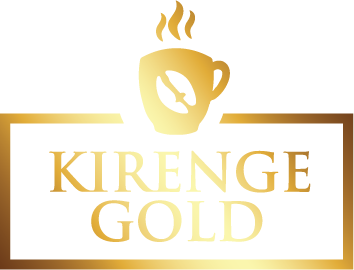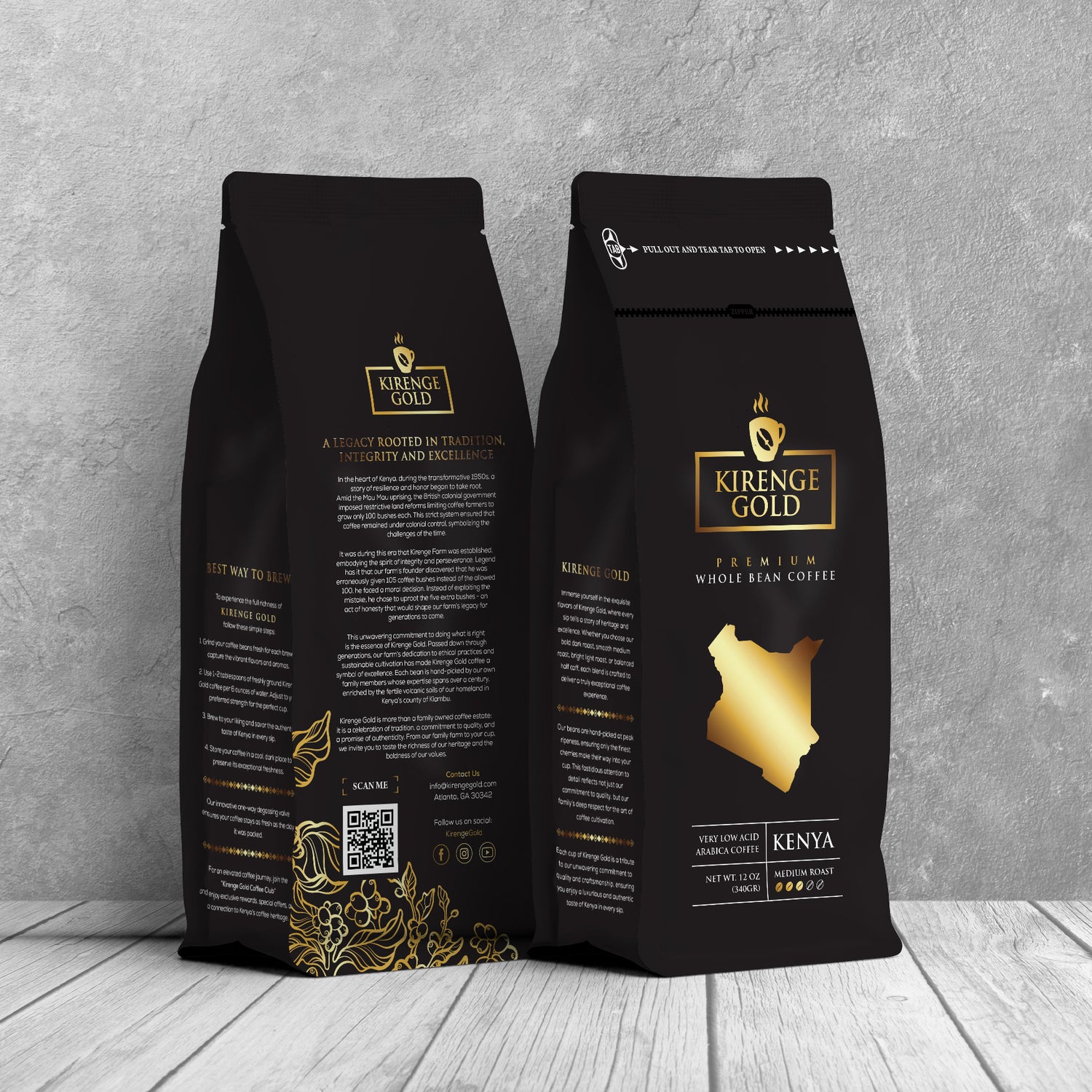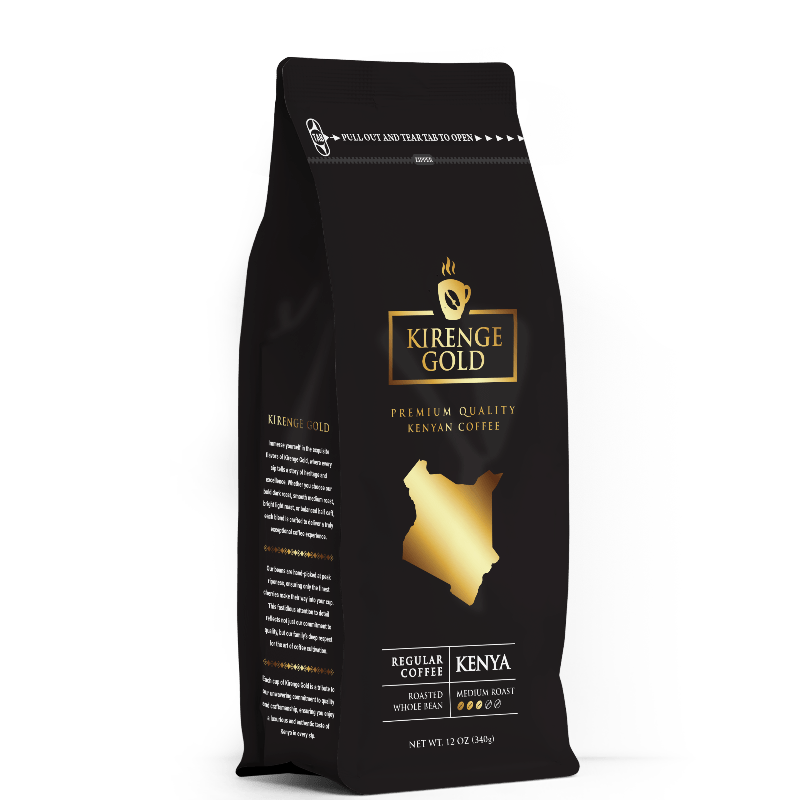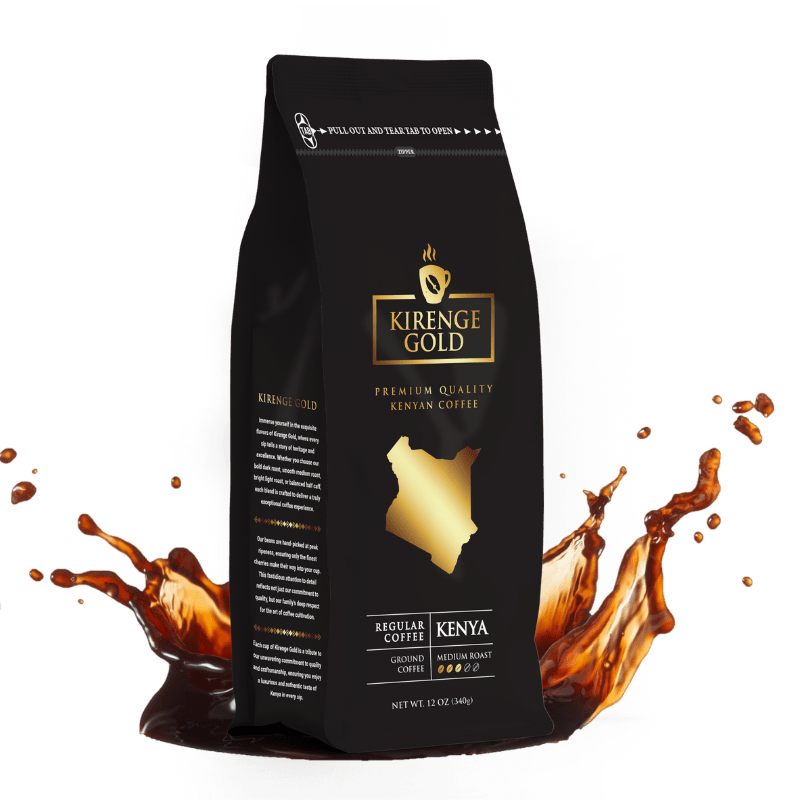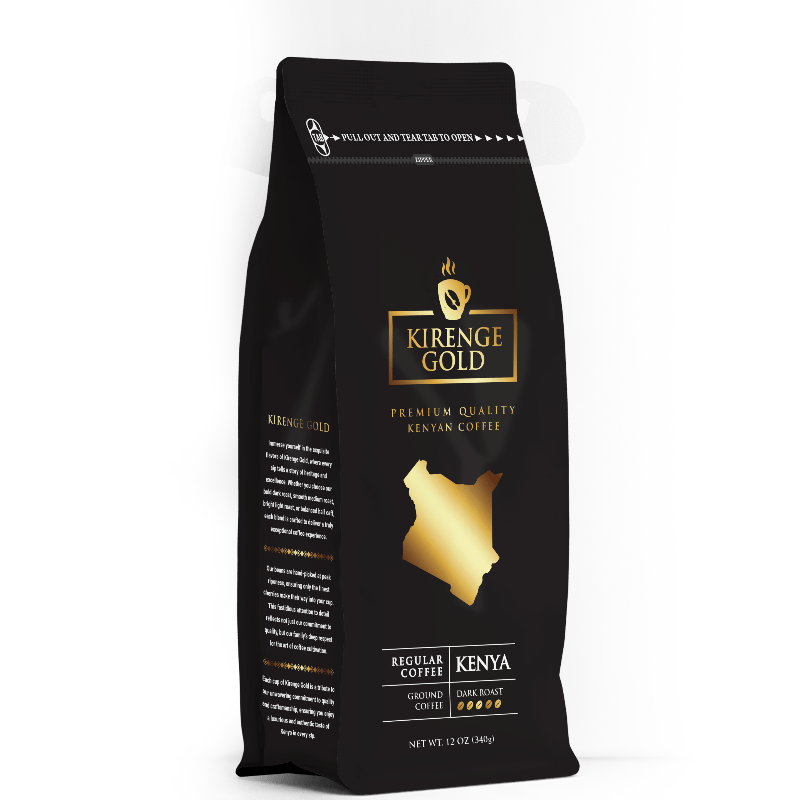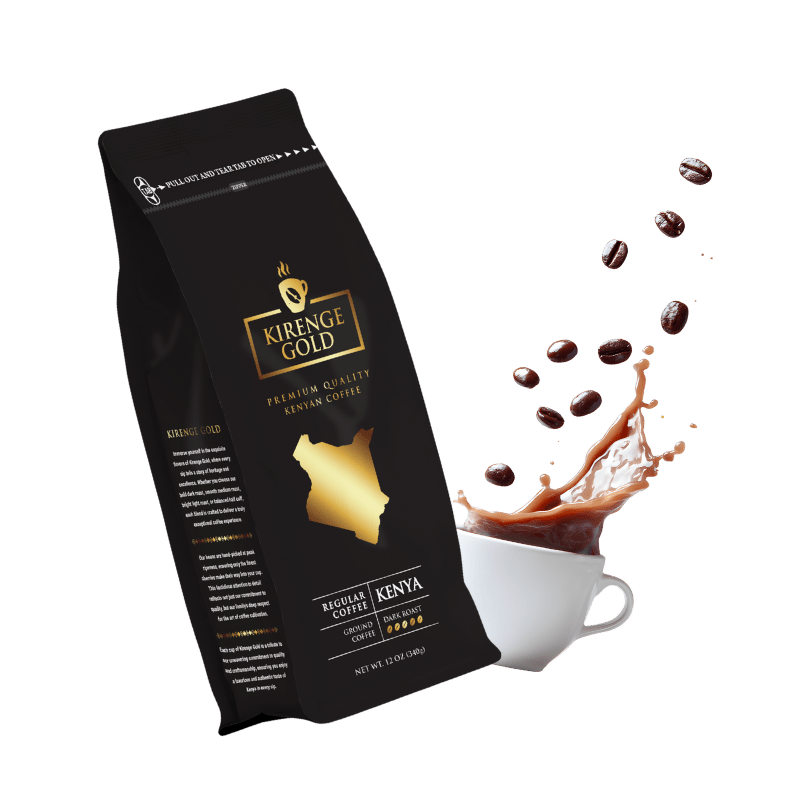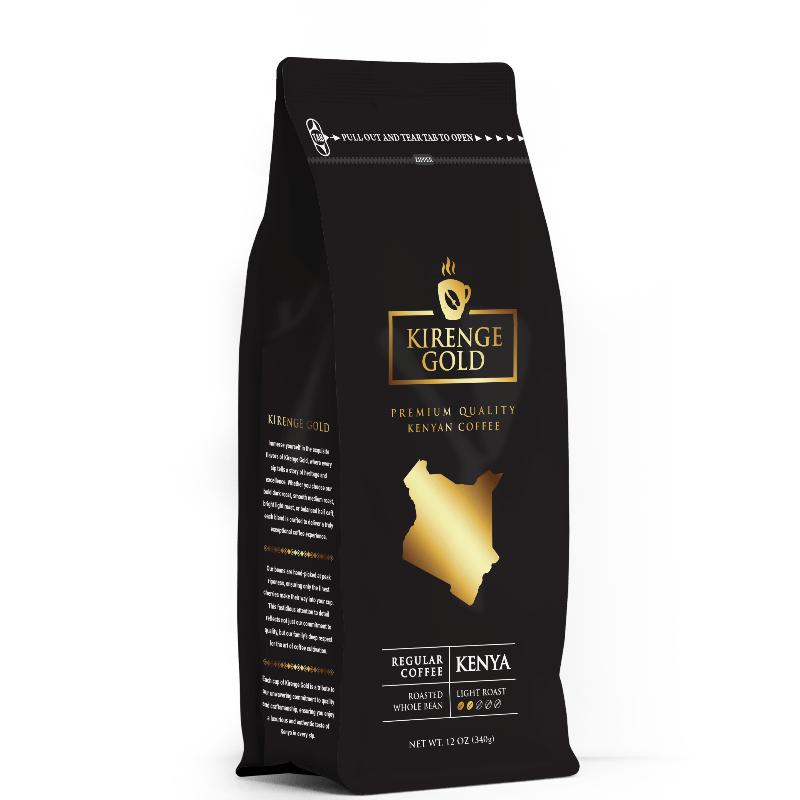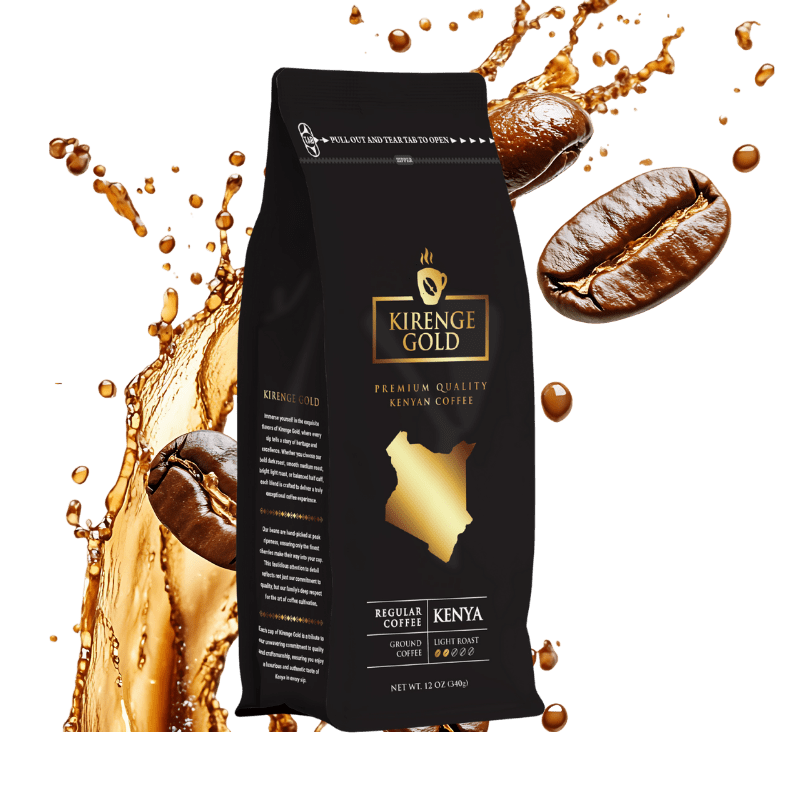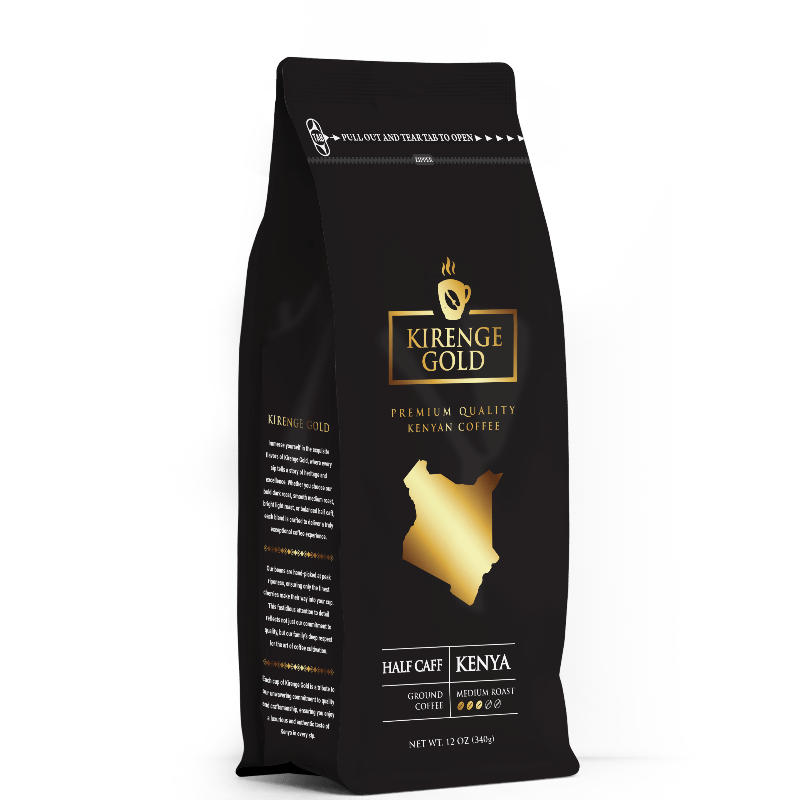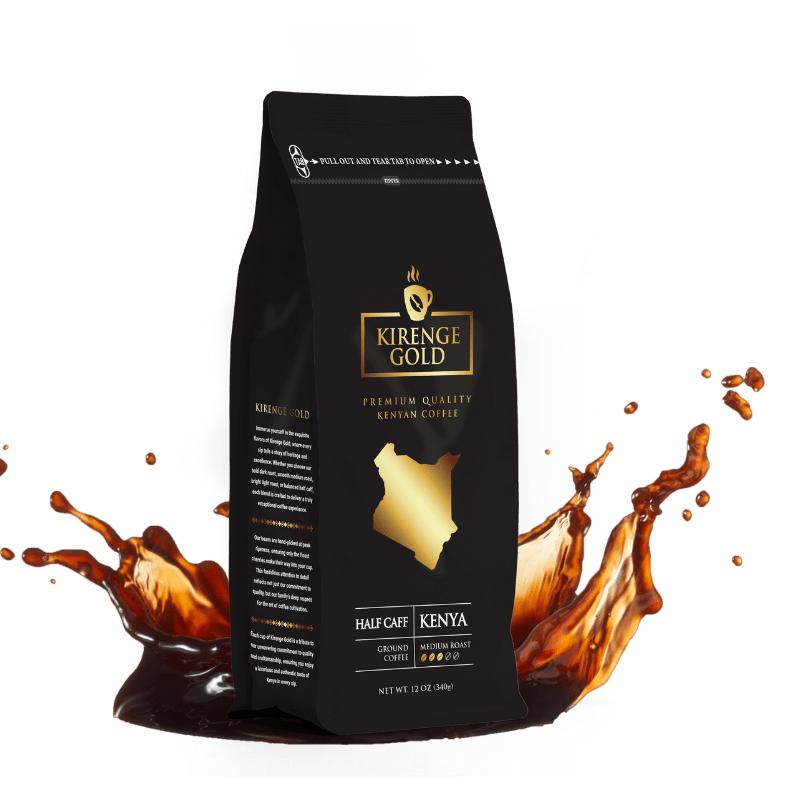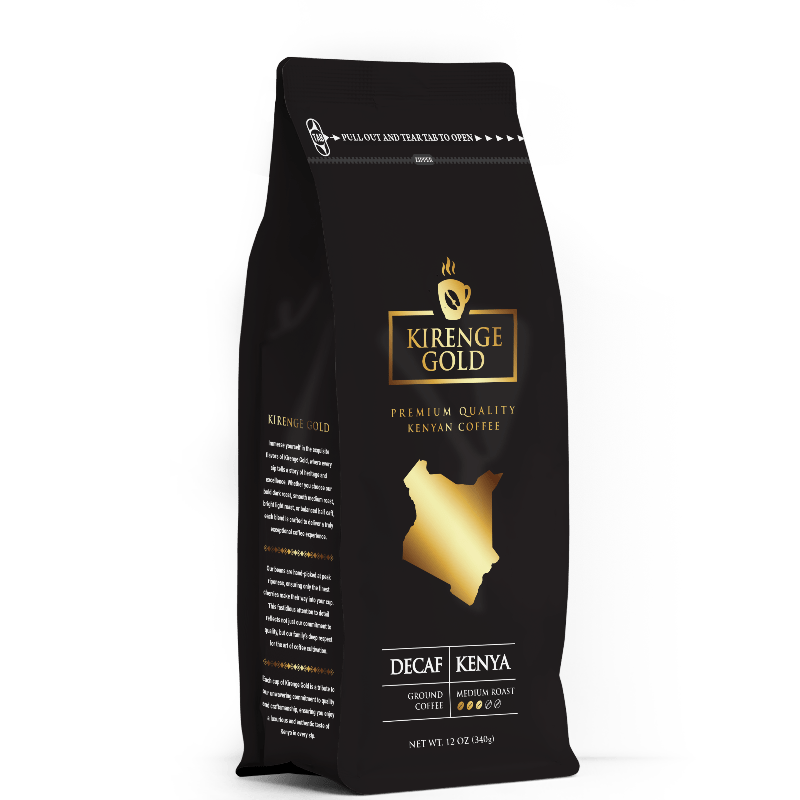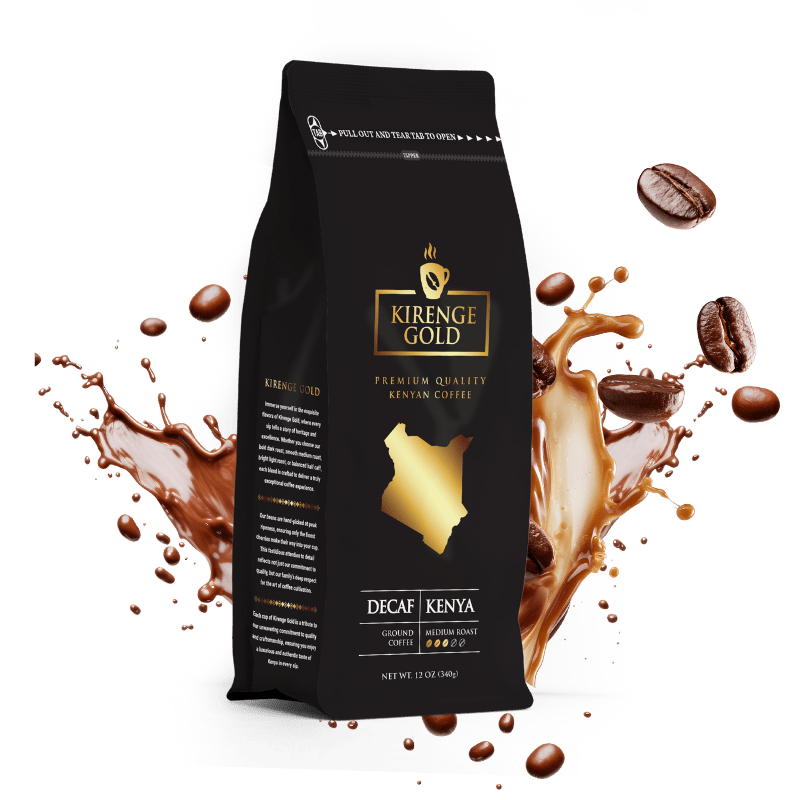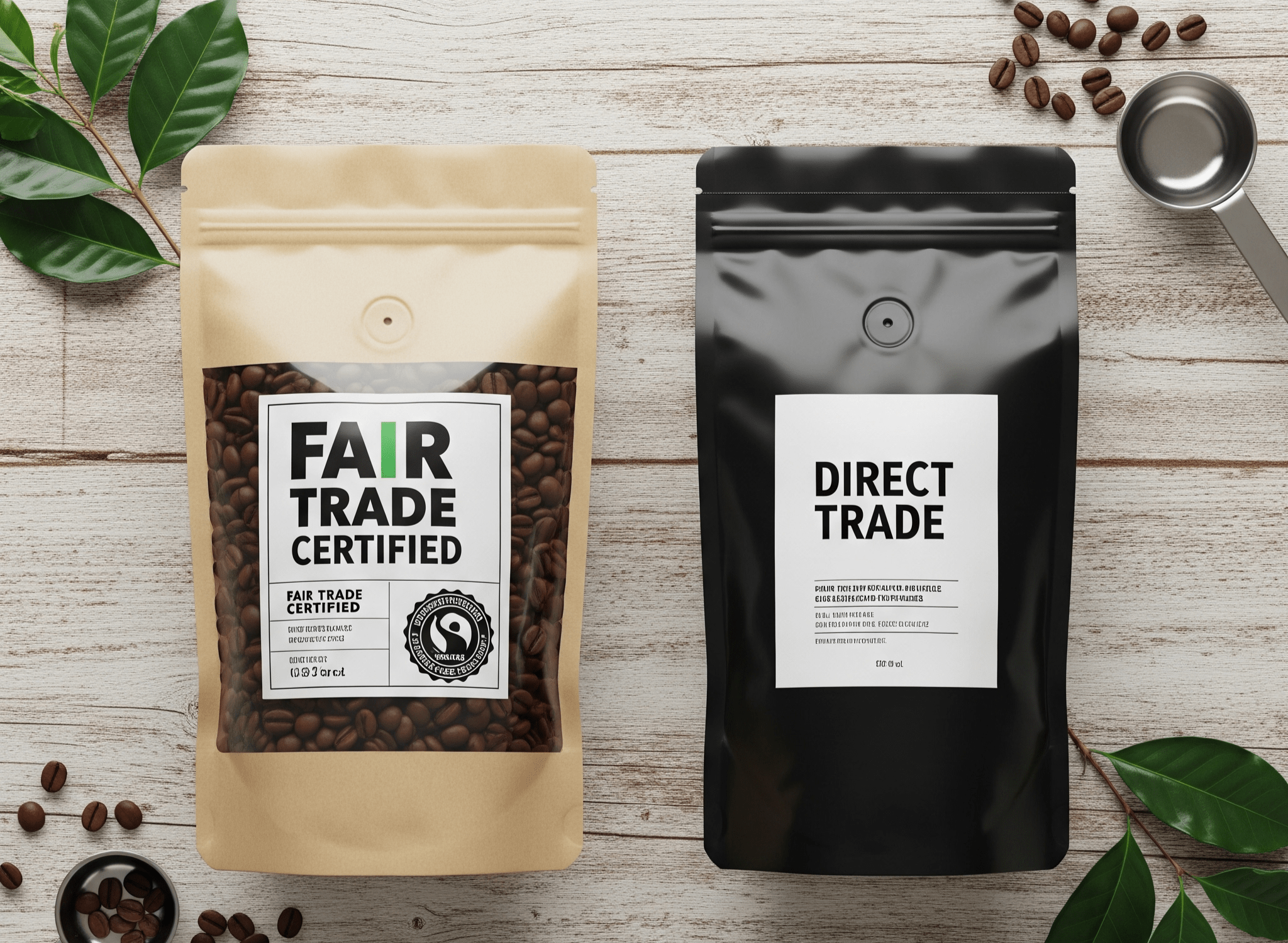
Fair Trade vs. Direct Trade Coffee: What's the Real Difference?
You want to make an ethical choice with your morning brew. But when you’re buying coffee online or in-store, labels like “Fair Trade” and “Direct Trade” can be confusing. Do they mean the same thing? Which one better supports coffee farmers?
Understanding this difference is key to choosing a coffee that aligns with your values without compromising on quality. At Kirenge Gold, we believe the best coffee is born from transparency and respect—from the farm in Kenya to your cup in the USA.

Kirenge Gold Coffee Farm in Kiambu County, Kenya
What is Fair Trade Coffee?
Fair Trade is a well-known third-party certification system. Its primary goal is to protect farmers from volatile market prices and ensure basic ethical and environmental standards are met.

How Fair Trade Certification Works:
- Cooperatives: Farmers organize into democratically-run co-ops.
- Minimum Price: Farmers receive a guaranteed minimum price for their beans, acting as a safety net.
- Community Premium: An extra sum of money is paid for the co-op to invest in community projects like schools, healthcare, or training.
- Standards: Certification prohibits child labor and promotes sustainable farming practices.
Pros and Cons of Fair Trade:
Benefits: Provides a crucial safety net for small-scale farmers, supports community projects, and offers a recognizable label for consumers.
Considerations: Can involve high administrative costs for certification, and not all certified coffee is sold under Fair Trade terms.
What is Direct Trade Coffee?
Direct Trade is not a certification but a sourcing philosophy. Roasters build direct, long-term relationships with farmers, cutting out middlemen to prioritize quality, transparency, and fair compensation.

How Direct Trade Coffee Sourcing Works:
- Direct Relationships: Roasters visit farms, build personal connections, and collaborate on quality.
- Higher Prices for Quality: Farmers are paid well above market price for superior beans, leading to greater investment back into their land and practices.
- Unmatched Transparency: You can often know the exact farm, varietal, and process your coffee came from.
- Focus on Excellence: The model incentivizes farmers to produce the highest quality crop possible.
Fair Trade vs. Direct Trade: A Quick Comparison
| Feature | Fair Trade Coffee | Direct Trade Coffee |
|---|---|---|
| Model | Third-party certification | Relationship-based model |
| Focus | Social equity, community development | Premium quality, direct relationships |
| Pricing | Guaranteed minimum price + premium | Negotiated price (often higher), based on quality |
| Transparency | Certification provides a guarantee | Direct from the roaster's story & sourcing info |
| For the Farmer | Price stability, community benefits | Higher income, quality incentives, direct partnership |
Why Kirenge Gold Chooses Direct Trade from Kenya
While we support the goals of Fair Trade, our commitment to uncompromising quality and deep ethical partnerships led us to a Direct Trade model.
We source our single-origin beans directly from family-owned farms in Kiambu County, Kenya—a region famous for its bright, complex, and flavorful Arabica beans. By partnering directly:
- We pay our farmers premium prices for their exceptional harvest.
- We have complete control over quality and sustainable farming practices.
- We can tell you exactly where your coffee comes from.
- You get a fresher, more exquisite cup of coffee, roasted in small batches in Atlanta, GA.
Your choice to buy direct trade coffee from us ensures that more money goes directly to the skilled farmers who deserve it.

Ready to Experience Premium Direct Trade Coffee?
Choosing between Fair Trade and Direct Trade comes down to your priorities: a certified system or a transparent relationship focused on top-tier quality.
If you value knowing the origin of your coffee and supporting a model that rewards quality farming directly, then our Direct Trade Kenyan coffee is for you.
Experience the Kirenge Gold difference: A richer, brighter cup and the peace of mind that comes with truly ethical sourcing.
Freshly roasted in Atlanta, GA. Shipped fast to your door.
Share
